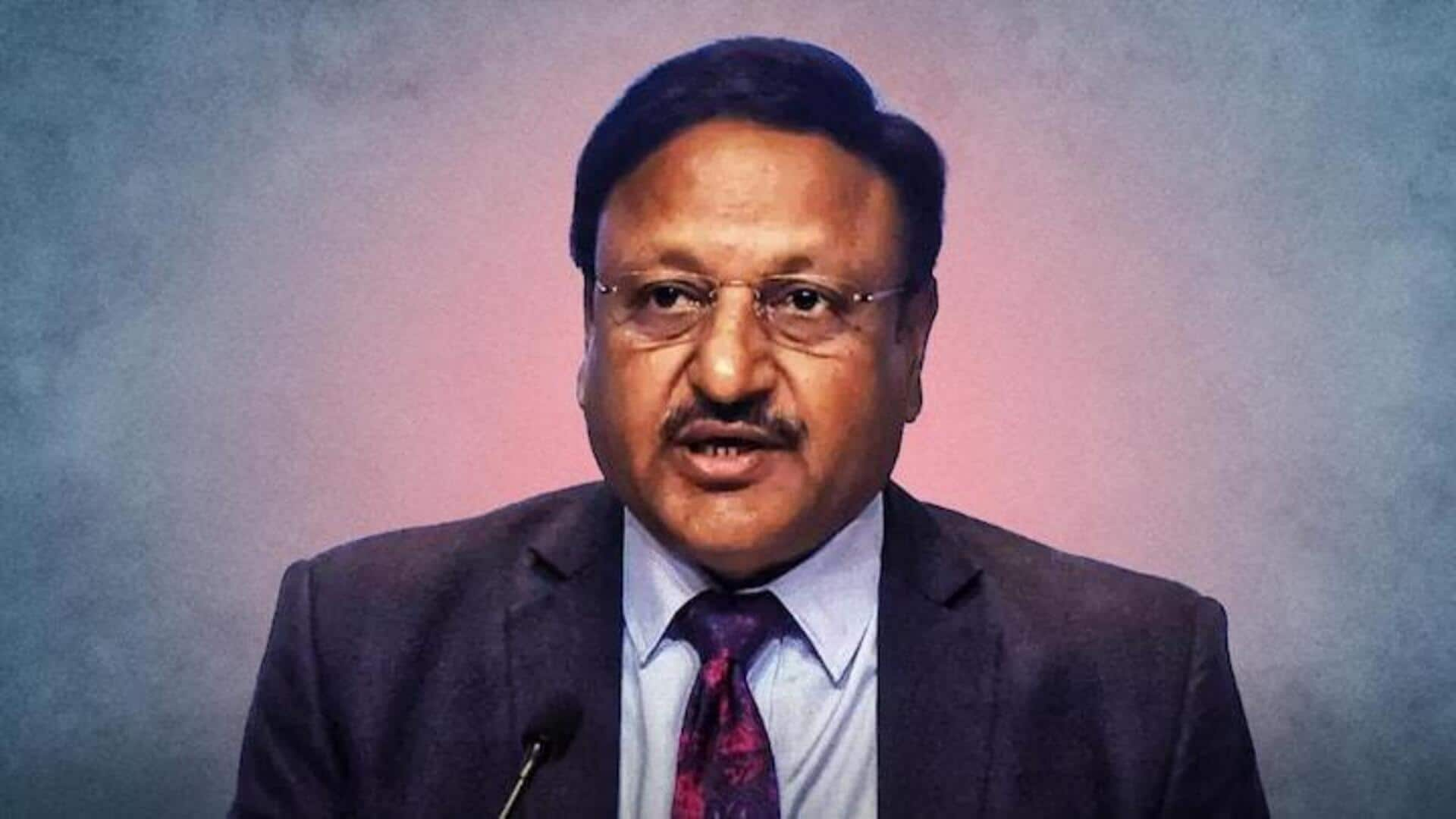
CEC chief Rajiv Kumar responds to voter turnout data controversy
What's the story
Chief Election Commissioner (CEC) Rajiv Kumar addressed the controversy surrounding the voter turnout data on Saturday after the Supreme Court adjourned an application seeking the release of final authenticated data of voter turnout. He stated, "They have acknowledged the truth. An attempt is made to create an atmosphere of doubt." Kumar also expressed his commitment to addressing concerns about the integrity of India's electoral process and promised a detailed discussion on this issue in future.
Revealing truths
Kumar pledges to unveil reasons behind electoral doubts
The CEC further expressed his determination to uncover the reasons behind the doubts and suspicions surrounding India's electoral process. He stated, "What's the play here, why are doubts created, and why are suspicions raised, we will reveal all of this one day." He also mentioned that he would demonstrate how people are misled about issues like malfunctioning EVMs, incorrect voting lists or manipulated voting numbers.
Judicial non-interference
Supreme Court declines to intervene in voter turnout records
The Supreme Court on Friday declined to issue any directions to the Election Commission of India (ECI) on a plea demanding immediate disclosure of authenticated voter turnout records in all polling stations. Justices Dipankar Datta and Satish Chandra Sharma expressed reluctance to meddle in the middle of the Lok Sabha elections, stating that the court must take a "hands-off approach." The bench also noted that this interim application's prayers were identical to those in a 2019 main writ petition.
NGOs
NGOs interim application
The NGOs Association for Democratic Reforms (ADR) and Common Cause filed an interlocutory application in a 2019 writ petition citing discrepancies in voter turnout figures in the 2019 general election. It also noted that in the current Lok Sabha elections, the ECI released voter turnout figures after many days. The data for the first phase of polling on April 19 was disclosed after 11 days, while the second phase of polling on April 26 was published after four days.